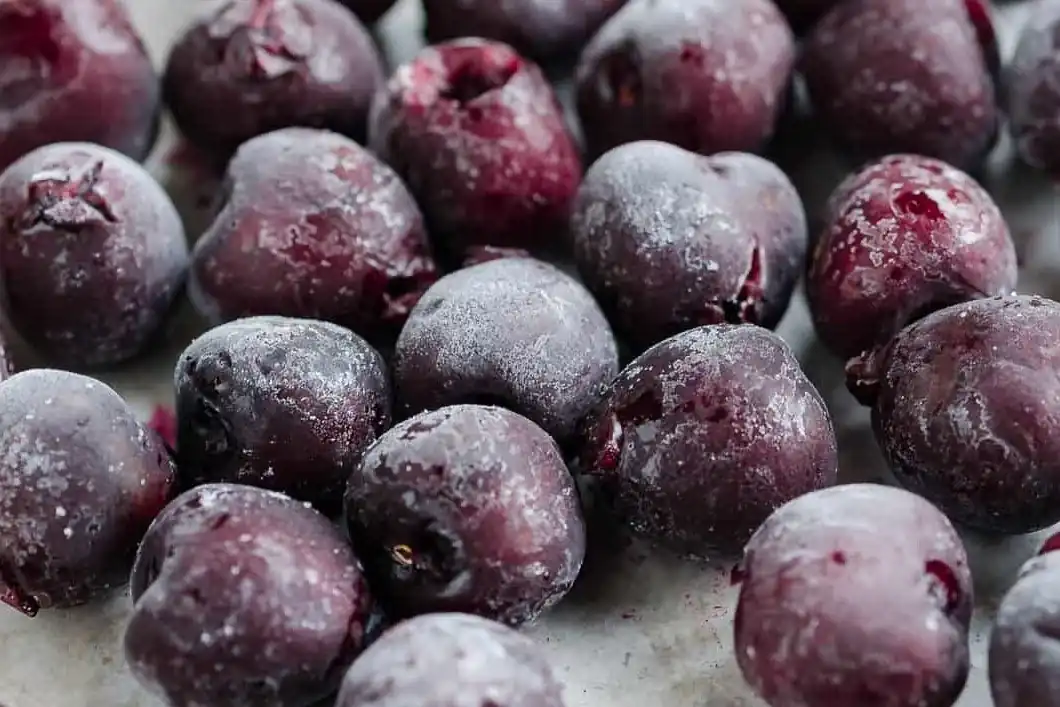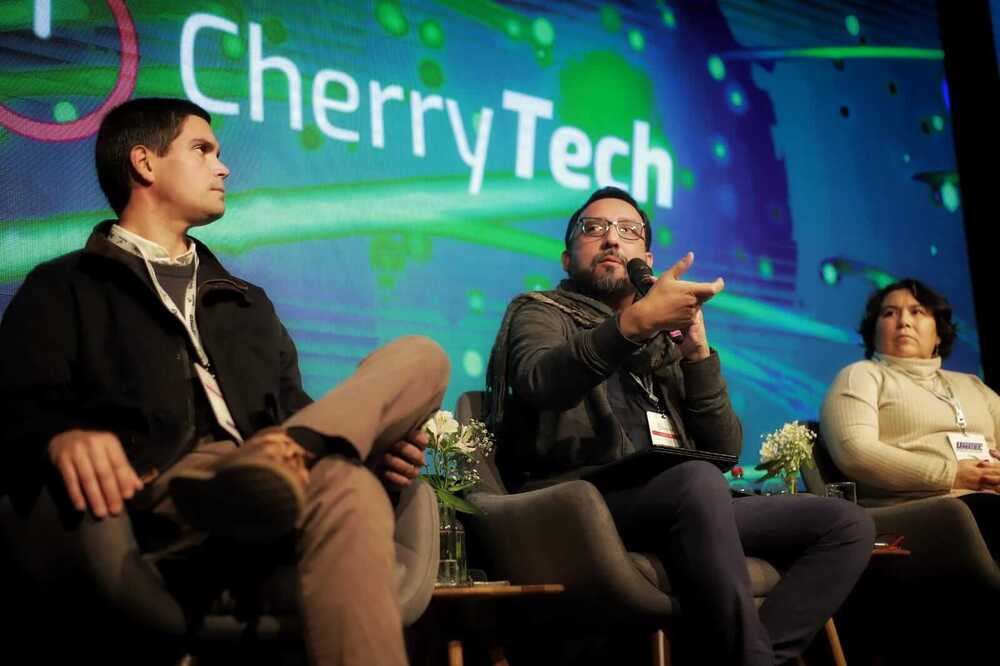Ripening in non-climacteric fruit like sweet cherry (Prunus avium), involves complex genetic and epigenetic changes influenced by plant hormones. Abscisic acid (ABA) plays a fundamental role in this process, particularly in regulating pigment production, fruit softening, and sugar accumulation.
In a recent study, researchers explored how ABA modulates these ripening processes at both genetic and epigenetic levels through RNA sequencing (RNA-seq) and whole-genome bisulfite sequencing (WGBS).
The RNA-seq analysis provided a comprehensive view of gene expression changes during fruit ripening in response to ABA. The study found an overrepresentation of genes associated with ABA response, secondary metabolism, and sugar synthesis. These genetic modifications support key ripening traits such as fruit color development and the accumulation of ripening markers like carotenoids and anthocyanins.
Specifically, genes related to carotene catabolism, which contribute to the rich coloration in ripe cherries, showed significant transcriptional activation. The analysis also highlighted the role of xyloglucan-modifying enzymes, associated with cell wall remodeling during ripening, suggesting that ABA influences fruit texture through these pathways.
In parallel, the WGBS analysis revealed that ABA treatment leads to DNA hypomethylation in the promoter regions of specific genes. This epigenetic change was particularly evident in genes involved in carotene catabolism and cytokinin biosynthesis. The hypomethylation status in these regions is crucial as it facilitates the transcriptional activation of these genes, further contributing to the ripening process.
The study also identified methylation variations in genes encoding members of the Aux/IAA and ARF families, known to be involved in auxin signaling pathways, indicating a broader regulatory network.
ABA's role extends beyond simple gene activation; it integrates with other hormonal pathways, creating a complex network that finely tunes the ripening process. The study found that genes encoding for enzymes involved in cytokinin biosynthesis showed altered methylation patterns after ABA treatment. Cytokinins interact with ABA to modulate various aspects of ripening. This interaction suggests a delicate balance orchestrated by ABA and cytokinin signaling, which is critical for the proper development and maturation of cherries.
The results of this study underscore the multiple roles of ABA in non-climacteric fruit ripening. ABA not only triggers significant transcriptional changes but also induces epigenetic modifications that together coordinate the complex physiological changes during ripening. Understanding these mechanisms provides valuable insights into the hormonal control of fruit
development and opens potential avenues for improving fruit quality through targeted interventions.
Source: Kuhn, N. et al. (2024). RNA-Seq and WGBS Analyses During Fruit Ripening and in Response to ABA in Sweet Cherry (Prunus avium) Reveal Genetic and Epigenetic Modulation of Auxin and Cytokinin Genes. Journal of Plant Growth Regulation, 1-23. https://doi.org/10.1007/s00344-024-11340-9.
Image: SL Fruit Service
Andrea Giovannini
University of Bologna (IT)
Cherry Times - All rights reserved










